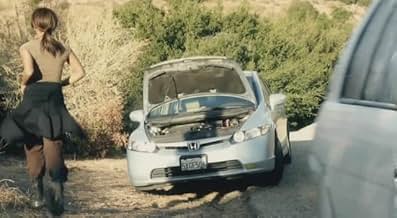Aggiungi una trama nella tua lingua2012. The dawn of destruction. As giant alien machines enslave and feed off humanity, the few remaining survivors band together to form a armed militia that will be the last stand against to... Leggi tutto2012. The dawn of destruction. As giant alien machines enslave and feed off humanity, the few remaining survivors band together to form a armed militia that will be the last stand against total extinction.2012. The dawn of destruction. As giant alien machines enslave and feed off humanity, the few remaining survivors band together to form a armed militia that will be the last stand against total extinction.























